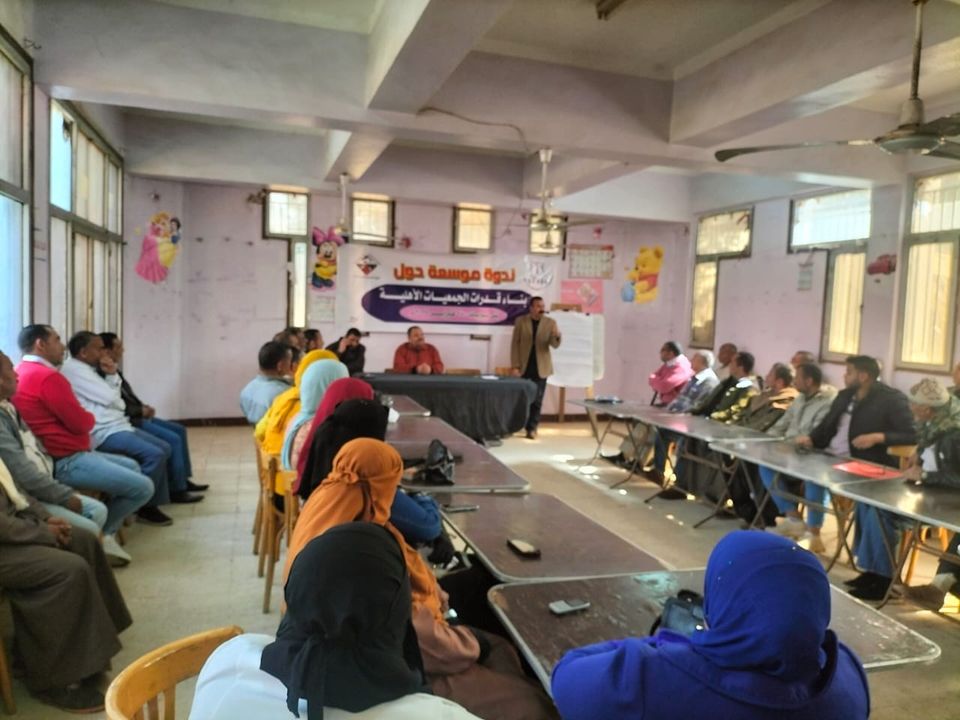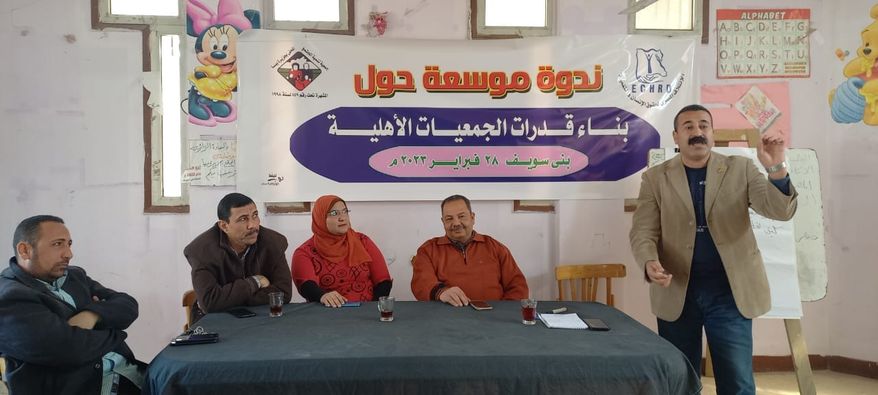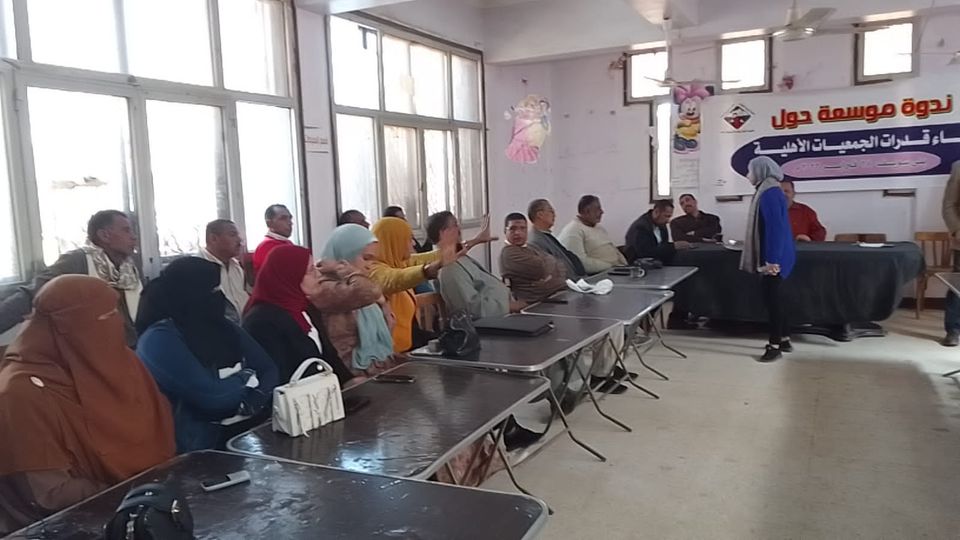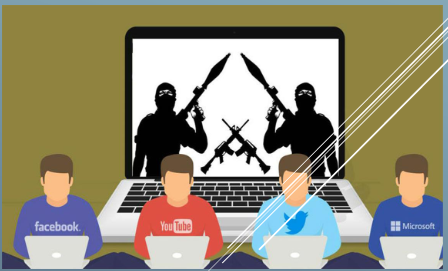Press Release
……………………………………………………………
Within the framework of the initiative of the Egyptian Coalition for Human Rights and Development (ECHRD), a seminar was held on Tuesday, 28-2-2023 in the area of the Local Community Development Association in Gezirt Beba, with a number of 72 community associations in Beni Suef governorate, and Mohamed Saad Amin (Director General of the Information Centre in Beni Suef) , Ibrahim Milad (Director of the Department of Solidarity in Beba), Emad Walim (Head of the Department of NGOs in Beba Center), Marquez Kotb (Head of the Social Solidarity Unit in Biba Island) and Emad ElDarmali (Director of the Local Community Development Association in Gezirt Beba).
Professor Emad Essa confirmed during his speech at the seminar:
In most societies, the spirit of volunteering and giving prevails in the form of civil groups, religious organizations, or charitable non-profit organizations. And nowhere is this ethical principle better embodied than by serving on the board of directors of a voluntary non-profit organization.
The work of the boards that manage the organizations and enterprises has received unprecedented attention. The amount of information available about management in the organizations has grown and spread. More than ever before, the board of directors has begun to be known, and data on these boards and their development has spread. The principle that successful management determines the effectiveness of the organization has become more acceptable. Leadership comes from strong CEOs and strong boards of directors.
The Board of Directors is a body composed of a number of members, whether elected or appointed, who jointly supervise the activities of an organization, association, company, or institution. The activities of the Board are determined according to the powers, duties, and responsibilities delegated or assigned to it by a higher authority. Details of these issues are usually set out in the statutes. The rules of procedure usually specify the number of members of the board, the method of selecting them, and the mechanism for holding meetings.
Among the typical duties of boards of directors are the following:
- Organizing the association through the development of general policies and objectives.
- Selecting, appointing, supporting and reviewing the executive director’s performance.
- Ensuring the availability of adequate financial resources.
- Approving the annual budgets.
- Reviewing the organization’s performance.
- Determining the salaries and compensation of the organization’s management.
- Reviewing the organization’s mission statement and objectives and ensure its adequacy.
- Preparing a list of the organization’s capabilities and basic needs.
- Accurately defining priorities in the long term for the coming period for the Executive Director to assume his duties.
- Setting precise goals and clear expectations for at least one year for the new executive director to assume his duties.
- Clarifying the characteristics, skills, and model that he is looking for in the new executive director.
- Determining the rights and duties of the executive director and staff
Mr. Mohamed Saad Amin (Director General of the Media Center in Beni Suef) emphasized the importance of including gender in NGOs. In the lecture, Mohamed Saad dealt with how to analyze the structures of institutions and associations, as well as social movements and their fields of work through a gender perspective.
He stated that gender refers to the relationships, social roles, and values that society defines for both women and men, and these roles change with the change of place and time. For example:
• Reproductive Role: a natural and social function for both men and women.
• Productive Role: the role for the production of commodities and services that can be consumed and traded, and have an exchange value for obtaining money, and this role has a special societal value. This role is played by men and women
• Political Role: summarized in the power of decision-making, where the decision-making process begins within the family, and extends to the union, the local council, and even the legislative councils. This role is usually seen as a role for men, although women enter this space. This role is usually paid, either directly or indirectly because of its connection to the position and power
• Gender Equality: Non-discrimination between men and women on the basis of sex in obtaining a job opportunity, credit, or benefiting from the fruits of development.
• Gender Justice: The concept of justice may be more comprehensive and deserving in some cases than the concept of equality. It aims to achieve a balance that achieves justice and leads to women obtaining a better position than before, in terms of: fair distribution of resources, fair distribution of responsibilities, fair access to women’s right to services and the fruits of development.
Emad ElDarmali (Director of the Local Community Development Association in Gezirt Beba) stated the ECHRD initiative is building the capacities of the partner NGOs, members of the Coalition in Beni Suef Governorate, to promote the principles of good governance, gender equality, transparency, and the adoption of initiatives that take place to solve existing societal problems. Some established NGOs lack the technical and financial capabilities to meet the basic needs of the communities in which they operate.
Today, the initiative held an extensive seminar for NGOs in Beni Suef Governorate as part of a series of training programs aimed at developing the technical and administrative capabilities of NGOs, which support the adoption of the principles of gender policy and the participatory approach to development in the projects and initiatives that they implement.
Abeer Mohammed (Forum for Development and Human Rights Dialogue) stated that the ECHRD recognizes the need to pay attention to the human element. Thus, it cares about training and developing the skills of NGOs, members of the ECHRD, to be ambassadors to spread awareness among citizens who benefit from the services of NGOs. In view of the importance of the role played by training and capacity building, the Coalition succeeded in developing intervention plans to raise their capabilities and build the institutional capacities of the NGOs members of the ECHRD to ensure their continued work to serve their communities, relying on trained individuals and strong systems. The number of associations whose capacities have been built so far has reached 72 NGOs in Beni Suef.











